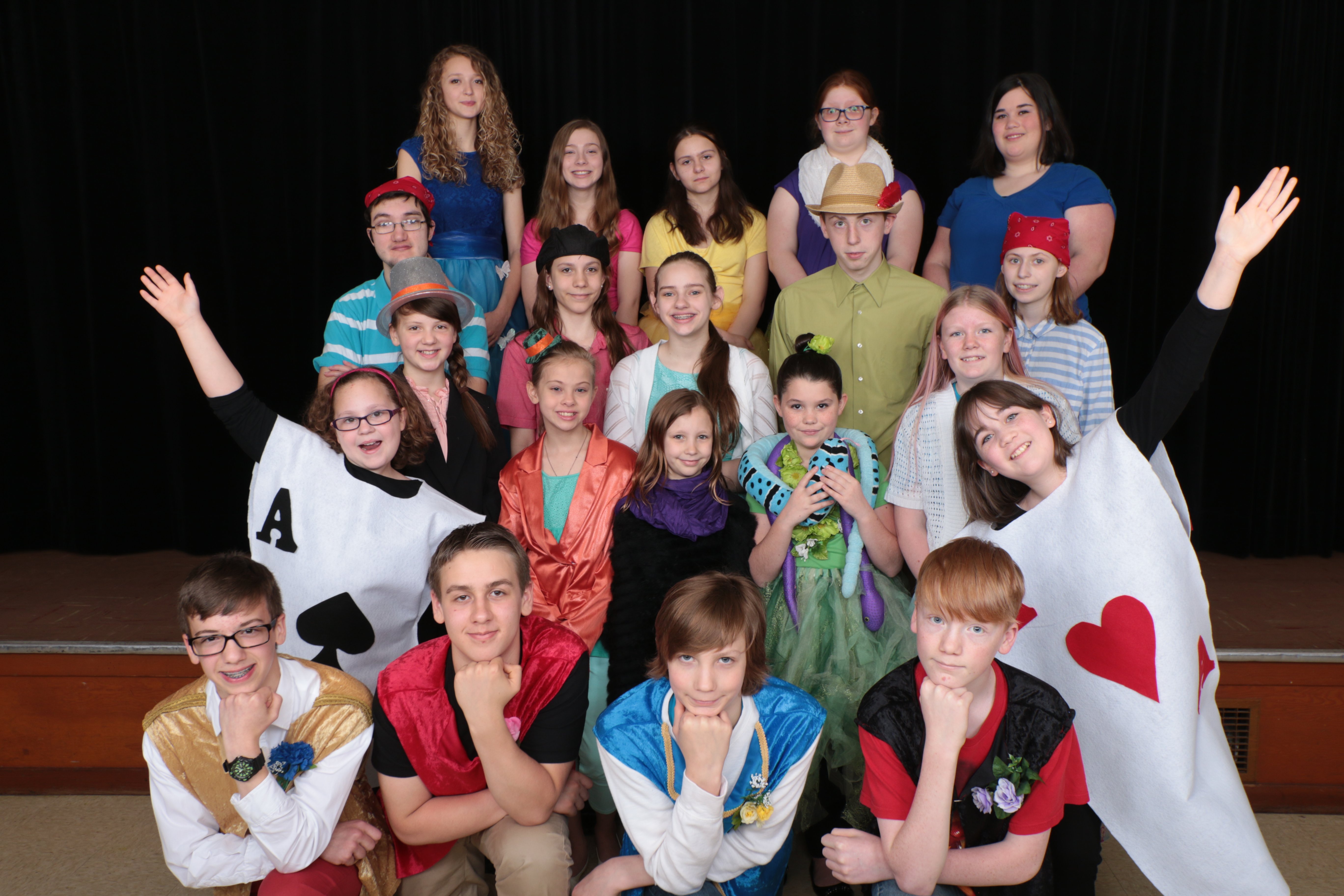“But, soft! What light through yonder window breaks?
It is the east, and Juliet is the sun.
Arise, fair sun, and kill the envious moon,
Who is already sick and pale with grief…
It is my lady, O, it is my love!
O, that she knew she were!
She speaks yet she says nothing: what of that?”
Many people may feel that Shakespeare also speaks, but says nothing. If that is so, then why has his writing stood the test of time? Why is it that theaters, and movie producers continue to present his plays? Above all, why is Shakespeare still something that is studied in school? Why is it studied at all?
The beginning quote is one of his more recognized writings from none other than Romeo, and Juliet. And though this part of the play is filled with beautiful sonnets, and poetry, the rest of the play is nothing like the romance that some feel that it may be. Quite on the contrary, Romeo and Juliet is best studied as a cautionary tale. As so, it is studied for many reasons. One reason is that Shakespeare’s writing shows such an insight into the inner workings of human nature. So much so that the stories continue to be changed, and adapted throughout other stories, and movies even in modern times. Taking Romeo, and Juliet for example, there are other such adaptations such as West Side Story, Romeo Must Die, and Gnomeo and Juliet, just to name a few.
Besides being an in depth exposure to human nature, and encouraging the thought as to why it is that people do things, Shakespeare’s writing should also be continued to be studied because he was the master artist when it came to language. There are many words that Shakespeare created. He is credited as creating the sayings, “All that glitters is not gold,” “Jealousy is the green-eyed monster,” “It was greek to me,” and others. He also still teaches us about different parts of poetry, as well how the rules of writing work, and when to break such rules.
More of the aforementioned quote continues, and makes many hearts flutter as it states:
“Her eye discourses; I will answer it.
I am too bold, ‘tis not to me she speaks:
Two of the fairest stars in all the heaven,
Having some business, do entreat her eyes
To twinkle in their spheres till they return.
To twinkle in their spheres till they return.
What if her eyes were there, they in her head?
The brightness of her cheek would shame those stars,
As daylight doth a lamp; her eyes in heaven
Would through the airy region stream so bright
That birds would sing and think it were not night..”
Shakespeare’s plays dig to the very core of the human emotion, showing how important a person’s choices in their life may be. This is the best reason to study Shakespeare. With this and how to write differing types of poetry, learning about Elizabethan times, and encouraging others to share their voice is just the beginning. As youth, and adults study, and become a part of theater, the very core of who they are as a person is both challenged, and true growth can occur.

Here is the cast of Shakespeare’s Love’s Labour’s Lost that I directed last year. These amazing young people did the tough thing, and studied Shakespeare, and memorized their lines, and knocked the audience’s socks off!